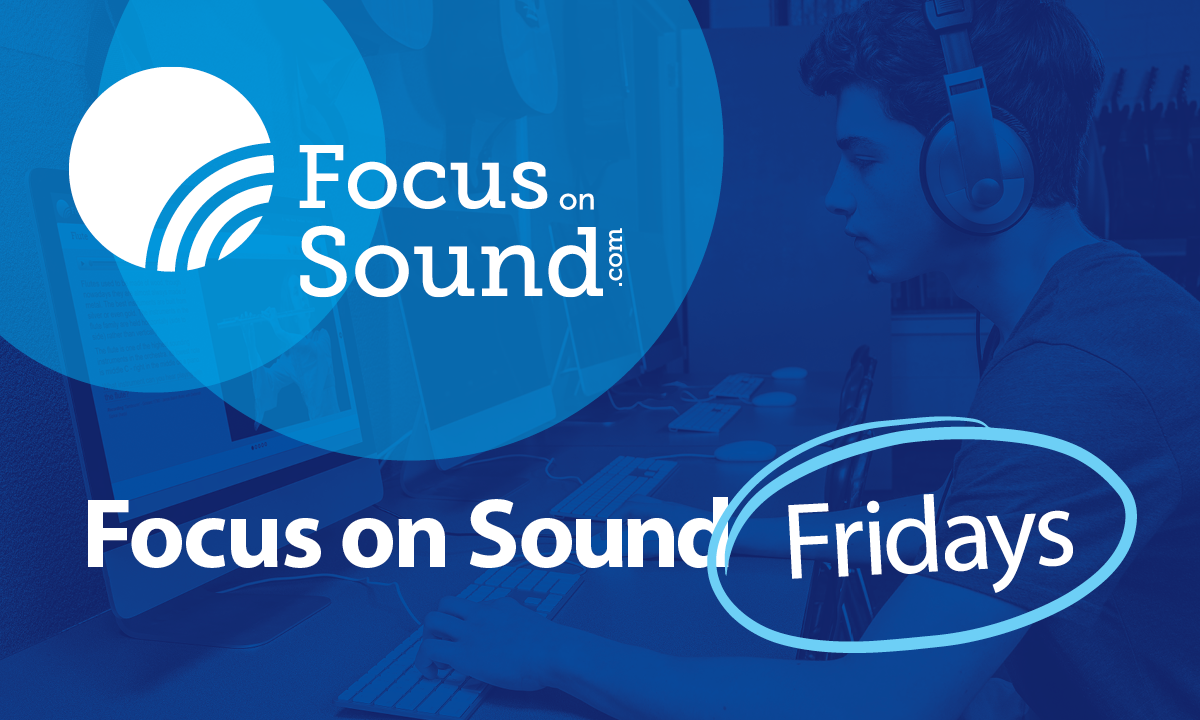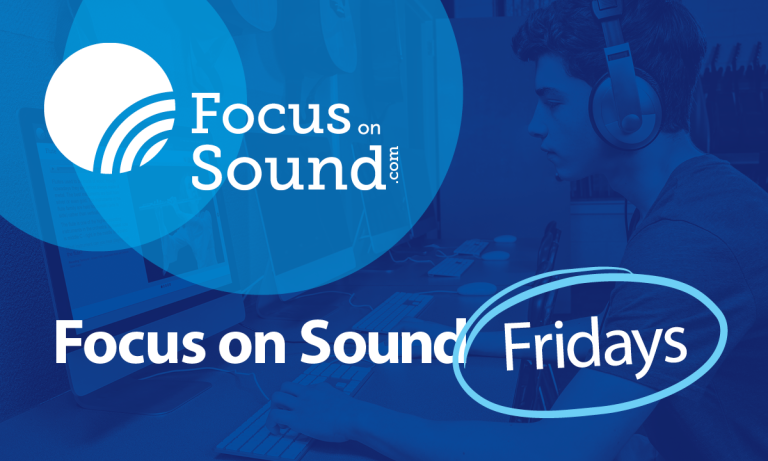
My biggest tip for music exams
When it comes to GCSE & A-Level music, the biggest tip I can give to students is a simple one. Learn the key terms! If we want our students to be successful in the summer, then we need them to know the nuts and bolts of music, and this starts with knowing the terms.
Learning terms
Learning key terms isn’t always the most exciting thing to do, and it shouldn’t ever be in isolation. Linking key terms to performing, listening and composing should be a go-to technique for teachers. Focus on Sound brings together audio and visual learning in an engaging and informative way. Once students see that words are brought to life in Focus on Sound, they will be keen to keep learning.
Dictionary
When I was at school, I carried around a music dictionary. I am not sure if this elevated my social status all that much, but it was just what I needed in class. Being able to look up key terms was essential, and Focus on Sound cuts out the need for that bulky dictionary. Students can quickly and easily look things up in class or when completing work at home. If they simply read a definition, then they may not understand. Focus on Sound allows them to hear the terms in context, and this is ultimately going to prepare them for the listening exam.
Commit to key terms
Commit to key terms with your students and they will benefit in the exams. Make sure you always set them in context, but also make sure students know what they mean. If your students don’t know their “Hemiola” from their “Homophonic” then maybe they need to log on to Focus on Sound and start looking them up!
Here's how to use the dictionary:
About James Manwaring
James is the Director of Music for the Windsor Learning Partnership Multi-academy Trust. He has held the post of Head of Music at The Windsor Boy's School for over 15 years. James is currently the President-Elect of the Music Teachers Association.
